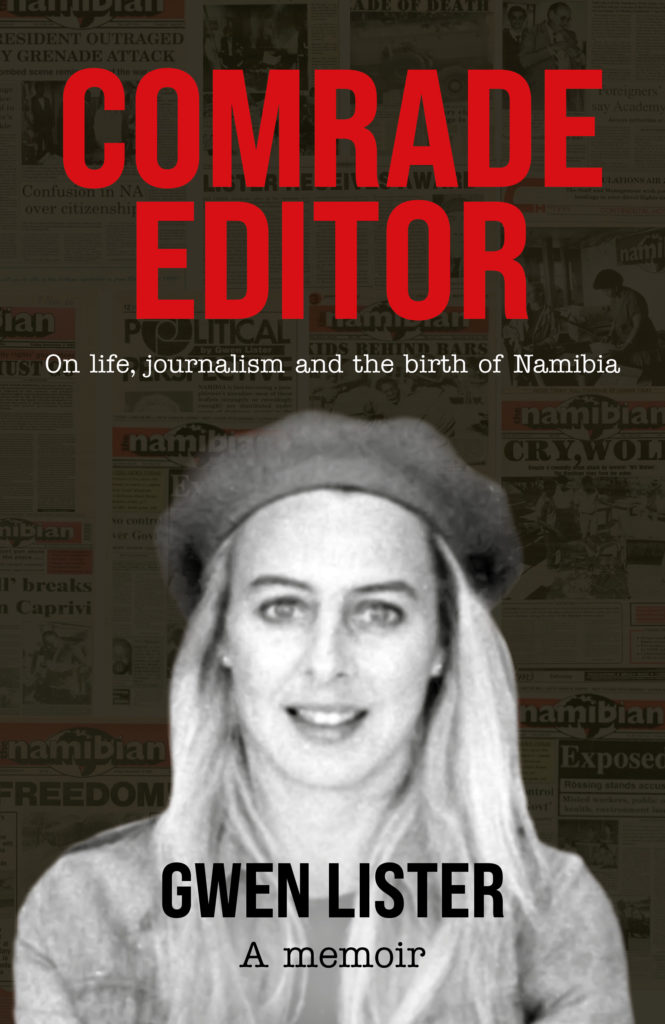
Chapter 5
Playing with apartheid
SIFTING THROUGH MY memorabilia, I find a black and white photograph of a melée on a rugby field. To the right I see myself, long hair flying, running off the hallowed Newlands rugby pitch, pursued by police and angry spectators. I remember the day – 11 June 1974, now more than 40 years ago – very clearly. Yet had it not been for a surprise email received in 2013, the incident might well have remained in the back of my mind.
I’ve never been much of a rugby fan, and hated it when my parents forced me to turn out in support of my brother, so the name of the author, Dugald MacDonald, meant little to me. But the email instantly took me back to a cold day when it seemed like a good idea to have an all-night party. A motley crew of long-haired young men and barefoot women, mostly UCT students, duly congregated in a cottage in Hout Bay, heated by a roaring fire and filled with marijuana smoke and music.
The talk soon turned to politics. In a few days’ time, the British Lions were due to play the Southern Universities team at Newlands, and we bemoaned the fact that no black players had been selected. As the joints were passed and the liquor began to flow, we agreed that the National Union of South African Students (NUSAS) wasn’t invested enough in the matter and neither was the SRC at UCT, so we decided to stage a protest. Plans coalesced in the next day or two, and someone painted a huge banner with the words ‘We are playing with apartheid’. We planned to carry it onto the pitch during the game.
Dugald wrote that he had played in the Southern Universities team. He clearly remembered the demonstration, and the way in which the students were ejected from the grounds. Over the years, he had often thought about the incident and the ‘courage it must have taken the protesters to do what they did’. He’d been trying to trace members of the group without success, until he read somewhere that I had been among them. I was astonished. Rugby players, especially back in the 1970s, were notoriously conservative. The politically active students at UCT were a rather weedy, long-haired bunch compared with the beefcake ‘rugger buggers’, who didn’t believe in mixing sport with politics. But I had started to write my life story and was keen to garner perspectives other than my own, so I wrote back to say I was indeed among the protesters.
The sports boycott against apartheid South Africa was gaining momentum. By contrast, moderate conservatives claimed they could change perceptions via engagement with the apartheid regime. I did not remotely believe the NP government could be ‘persuaded’. I favoured the boycott and sanctions approach, and felt that isolating the regime was the only way to go. Dugald recalled that the Lions themselves were under pressure not to tour South Africa. Several players had refused to join the touring team, either on principle or because their employers threatened them with dismissal. But Willie John McBride, the Lions captain, challenged anyone to try and stop him. For him, it was all about building bridges and associating with the ‘constructive engagement’ school of thought.
I recall walking to Newlands on the day of the match to meet up with the group outside the stadium prior to kick-off. I had been teargassed many times during anti-apartheid demonstrations either on campus or along De Waal Drive below the university, while passing motorists would pelt us with whatever they had to hand. This time, though, we weren’t simply going to hold banners and placards and chant slogans. Running onto the hallowed Newlands rugby ground would strike a blow at the very heart of white South Africa, with rugby as its gospel.
As I headed into the cold wind on the way to Newlands, I felt a moment of pure terror, and almost turned back. In that instant, though, I stepped out of the downpour into sunshine. It seemed like a portent, mirroring the choice that lay before me: advance, or retreat. After a moment’s hesitation, I did what I would do for the rest of my life: I advanced, defying my own fears, into the wind.
I can’t recall our precise number, but according to The Guardian of 12 June, which trumpeted ‘British undaunted by “demos”’, we were only about eleven. We should have been more, but some of the biggest talkers beforehand were missing in action. In the parlance of those days, they had ‘chickened out’. Besides our dwindling numbers, we were also not well organised. We had no leader; we were just a loose group of students, near-paralysed by fear and cold. By the time we’d entered the stadium, we knew we had gone past the point of no return. The game moved to the other end of the pitch, and the crowd roared, anticipating a try. ‘Now, someone shouted, and we sprinted into the open space behind the players, trying to unfurl the banner as we ran.
Time froze at that moment. Play stopped as we ran towards the centre of the field, struggling on the waterlogged pitch which The Guardian described as in ‘an appalling state of churned mud after many hours of heavy rain’, I wore a long purple coat that stuck to my legs. I saw policemen hurtling towards us from the other side of the field, their grey-brown raincoats flapping behind them, like giant birds of prey, and I knew we were in for a rough time. Players also surged in our direction. A British Lions player seemed to prevent a Southern Universities player from assaulting a student – but perhaps he was one of our attackers. In the chaos and quagmire, it was hard to tell. A few of us were women, and the entire group of bedraggled activists was hardly a match for the rugby players or the police. Angry spectators also joined the assault.
We managed to unfurl the banner, and tried to run in a circle so that it could be seen by all the spectators, but it wasn’t long before it was ripped away and we were hounded off the field. A man tried to tackle me, but became bogged down in the mud. I was shocked to see the hatred in his eyes. Loud boos came from the crowds on the Railway Stand, and I wasn’t sure whether they were for or against us. We finally exited at the same place where we came in. Jenny Shute came off worst. As we tried to escape from the grounds, a spectator lunged at her with a steel-tipped umbrella, breaking her nose and injuring her left eye. The rest of us escaped more or less unscathed.
To say that we were shaken would be an understatement. We hadn’t planned an exit strategy, so most of us simply fled the grounds and scattered in all directions, pursued by the police and irate spectators. I was not intercepted, but a few others were. They appeared in the local Magistrates Court the following day, but charges against them were later dropped. I suspected this was because the incident had become an international embarrassment. The Lions thrashed Southern Universities 26-4, but Dugald played well, and was selected for the Springbok squad a week later.
The police reportedly promised to investigate the attack on Jenny, and called for witnesses to come forward, but I was conflicted about doing so as they would almost certainly have arrested me as well. Had my parents caught wind of my role, they would have summarily removed me from university. In their view, I was there to study and not get involved in politics. So they did not find out I had been involved in the demo until I told them years later.
Despite being muddied and bloodied to varying degrees, fellow protestors I talked to later felt we had made our point. But since I wasn’t a rugby follower, I didn’t know whether our demonstration had really made an impact, or would change anything in the sporting world. At least, the Cape Times reported on 12 June, this was ‘the first time in the history of sport in South Africa that demonstrators held up a sporting event’.
From COMRADE EDITOR: ON LIFE, JOURNALISM AND THE BIRTH OF NAMIBIA by Gwen Lister, published by Tafelberg Copyright © 2021 by Gwen Lister.
***
Buy Comrade Editor: On life, journalism and the birth of Namibia: Amazon


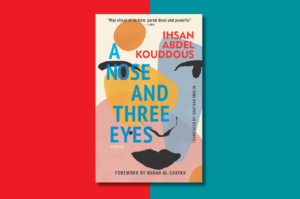
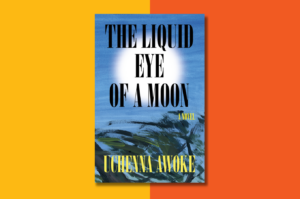
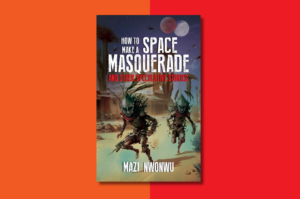
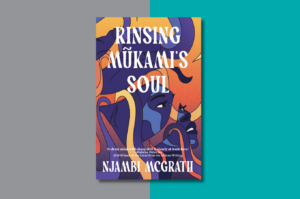
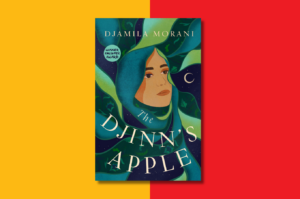
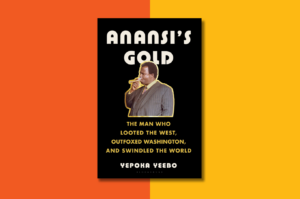

COMMENTS -
Reader Interactions